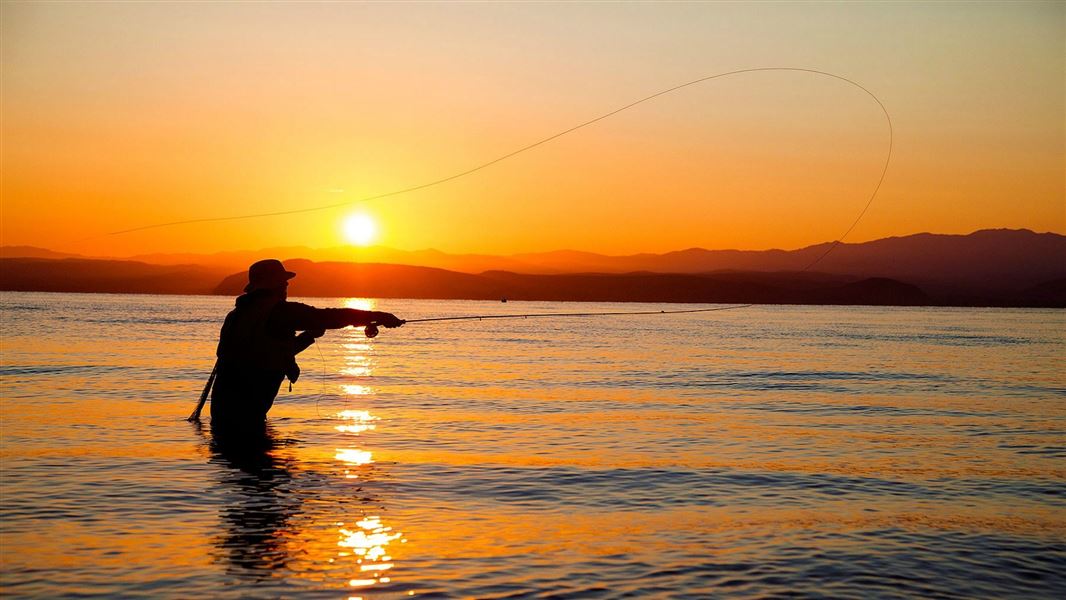
Introduction
In June 2020, the Minister of Conservation commissioned a review of the governance of Fish & Game New Zealand and regional Fish and Game councils. This was at the request of Fish and Game.A statutory agency, Fish & Game New Zealand, is responsible for managing most of New Zealand’s game bird hunting and freshwater fishing for species such as trout and salmon.
The review was conducted by a panel of two independent experts who provided their report to the Minister of Conservation in February 2021.
Current governance
Fish & Game New Zealand was formed subject to Part 5A of the Conservation Act 1987 and reports to the Minister of Conservation.
Fish & Game comprises a national council and 12 regional councils which are public entities, for which elections are held every three years. Regional Fish and Game councils nominate members to be part of the NZ Fish & Game Council.
Council members are all volunteers and receive no compensation for their time. Fish and Game NZ is funded almost entirely by licence fees paid by fishing and gamebird shooting licence holders. It does not receive government funding.
For the 2019/20 year, Fish & Game NZ revenue was about $11 million.
The Review panel’s report
The report was released by the Acting Minister of Conservation on 27 April 2021. It contains a wide range of recommendations for modernising the governance of Fish and Game.
Review of NZ Fish and Game report (PDF, 643K)
Media release about the report 27 April 2021
Next steps
The recommendations are of varying complexity and it is expected that it will take some time to progressively implement these.
The Minister of Conservation has tasked Fish and Game with leading planning and implementation of the recommendations. An Implementation Steering Group has been convened, led by the chair of the NZ Fish & Game Council.
About the review panel
Belinda Clark
Belinda Clark is from Wellington and has recently retired from the Law Commission.
Belinda has been a CEO of several entities and has extensive expertise in organisational management, public administration and law.
John Mills
John Mills from Wellington is a former Environment Court commissioner. He was also a sheep and beef farmer and former regional councillor for Environment Southland.
John has significant experience in decision making around the environment and natural resources and knowledge of rural New Zealand.